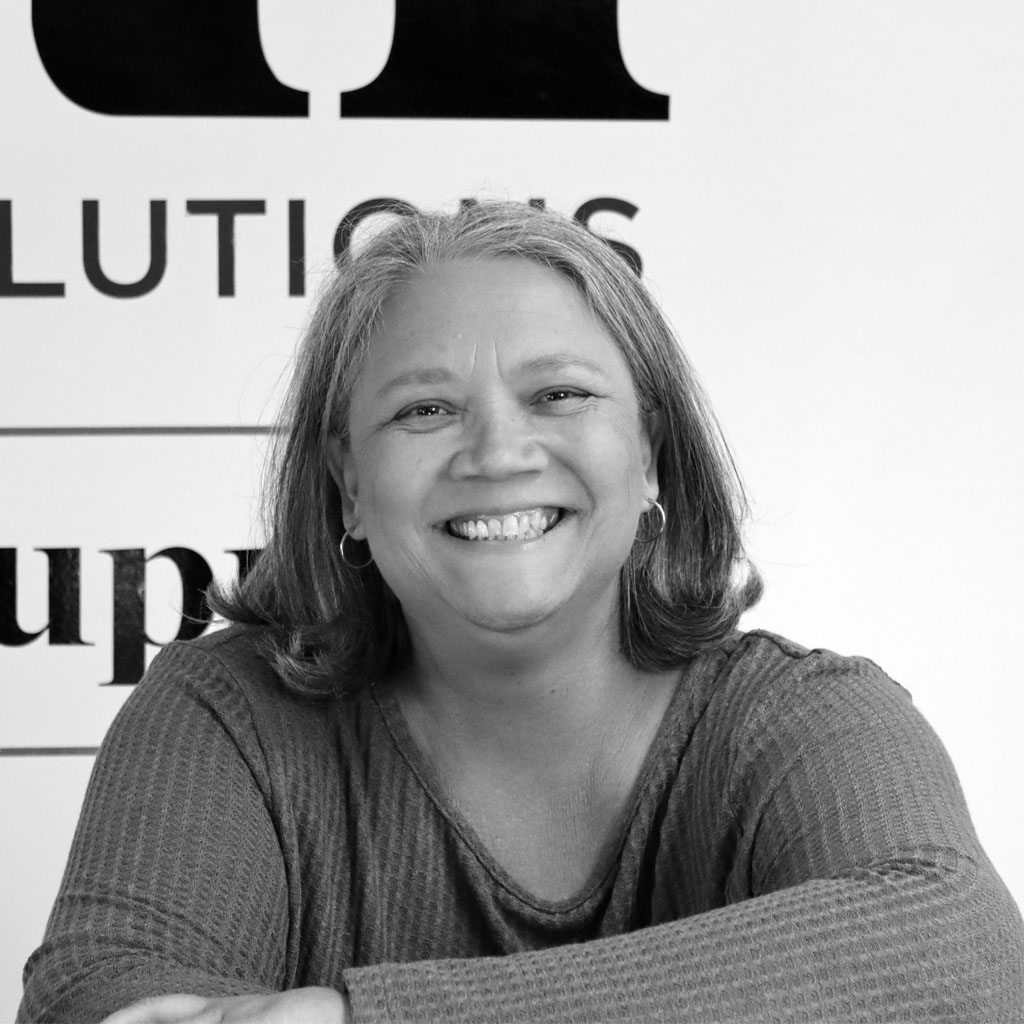Starting a new business is both an exciting and daunting time. While you’ll want to nail your business plan and think about how you’ll attract customers, it’s also vital to ensure that the practical aspects are taken care of. The team at AMR Bookkeeping Solutions know the challenges of building a business from scratch and are experts at supporting start-ups with their business bookkeeping needs. Here, the team at AMR provide advice on five things you need to do before starting a business.
Decide whether you will operate as a sole trader, or a limited company
One of the first decisions you’ll need to make is whether to operate as a sole trader, or a limited company. As a sole trader, the self-employed business owner and the business is treated as one legal entity. For a limited company, the business is seen as a distinct legal entity that is separate from its shareholders and directors. Each choice has different implications for finance, taxes and legal obligations, so it’s important to weight the pros and cons and make a considered decision. Read our blog ‘Sole trader or limited company?’ for more information.
Get clear on your tax liabilities
As soon as you start trading, you’ll need to register your business with HMRC, to begin paying income tax on any profits – as well as Class 2 and 4 National Insurance. The types of taxes you will be required to pay, and how you will pay them, are different depending on whether you have chosen to register as a sole trader or limited company. For instance, if you register as a limited company, you’ll be required to pay Corporation Tax.
Find out more about registering with HMRC here.
Decide whether you need to register for VAT
Businesses that provide taxable goods and services are required to register for VAT if their turnover is more than £85,000 per annum. But businesses with a lower turnover can still register.
VAT-registered businesses must pay HMRC the VAT they charge; however they will also be able to claim back VAT on the goods and services they purchase.
One option for new businesses is HMRC’s Flat Rate Scheme. This allows VAT-registered businesses with a turnover of less than £150,000 to pay a fixed percentage of its turnover to HMRC every three months. This scheme reduces paperwork and means new companies can keep some of the VAT they charge their customers.
Find out more about VAT on the government’s website here.
Forecast your cashflow
A healthy cashflow is key to a healthy business. Forecasting ahead with accuracy can be a challenge if you have no prior experience, but it’s vital to produce a cashflow forecast so that you can set budgets and ensure your business will not run into problems down the line.
If you’re struggling, hiring the help of a professional cashflow management projection service can be an invaluable investment, and give you a head start when meeting potential lenders.
Learn how to use a bookkeeping software
Good bookkeeping is essential to any business. Most businesses use a bookkeeping software program, such as Sage or Xero, to keep on top of their finances. There’s a little bit of learning involved in getting to grips with using a bookkeeping software, so make sure you set aside plenty of time get proficient.
Here at AMR we are experts at helping businesses of all sizes with their bookkeeping and payroll requirements. If you have any questions about the contents of this blog, or you need professional bookkeeping advice, our friendly team will be happy to assist you. Get in touch and find out how we can help you and your business.









